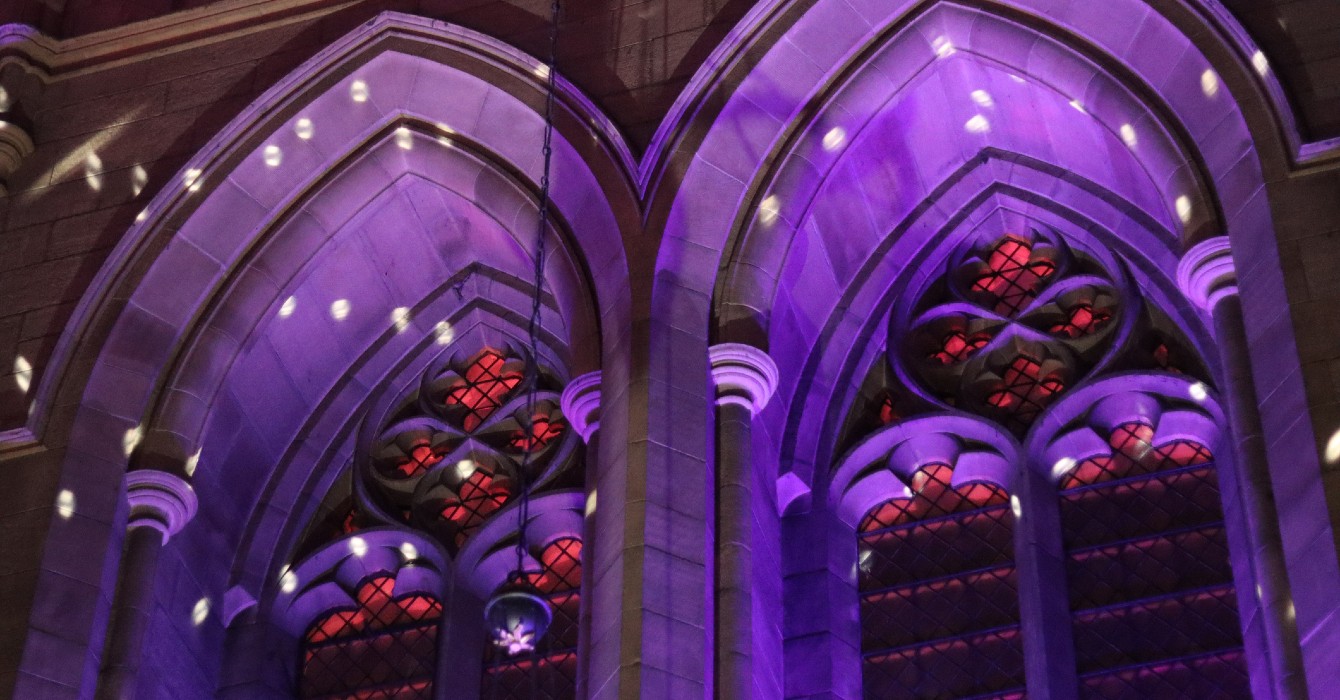There are times when it seems that years of fruitful ministry suddenly collapse.
When I hear news reports of an alleged coup attempt that sparked weeks of fighting in South Sudan, I think back to when I was a young volunteer with the Episcopal Church working with the New Sudan Council of Churches (NSCC).
After years of brutal conflicts between rival rebel leaders in the 1990s had devastated Southern Sudan, the NSCC -- an ecumenical body representing Southern Sudanese churches -- responded by initiating grass-roots peace dialogues. These dialogues brought together Dinka and Nuer chiefs, politicians and religious leaders in order to name past atrocities and to seek restitution.
Known as people-to-people peacemaking, the process drew from indigenous Southern Sudanese peacemaking rituals such as bull sacrifice as well as Christian practices of confession and reconciliation. The dialogues encouraged local forms of governance that revived regional cooperation, such as shared grazing lands for cattle and shared water sources.
The peace process spread across Southern Sudan, building unity among Southern Sudanese; such unity proved vital in ending Sudan’s civil war and in securing South Sudan’s independence.
In the past few weeks, however, this very unity seems to have evaporated. Political rivals at the state level -- some of the same figures involved in past reconciliation efforts -- took up guns to settle political squabbles.
Tremendous suffering has resulted. Hundreds of thousands of people have been displaced, and thousands have died. Towns like Bor, a center of south-south conflict in the 1990s and again today, are decimated. What happened to the spirit of unity? Years of work in reconciliation now seem lost.
Yet somehow, the apostle Paul tells us, “we do not lose heart.” Paul reminds us that even as things appear to be “wasting away,” we are “being renewed day by day” (2 Corinthians 4:16-18). For Paul, just when hope seems lost, God nevertheless uses that which appears to have failed.
It’s easy to lose hope when reading one headline after another about tragedies in South Sudan. Yet the church’s past work in reconciliation -- far from having failed -- planted seeds for today’s avenues of hope.
The recent conflict in South Sudan has been different from the brutal clashes of the 1990s in at least two important ways. First, people at the grass-roots level are speaking out -- and speaking out boldly. In news reports and in social media, ordinary people are challenging the instigators of violence and demanding peace.
In the 1990s, many were reluctant to speak out, for fear of reprisal by rebel commanders. In the late 1990s, the NSCC peace conferences were some of the first places where people felt truly free to speak about past atrocities. A public space opened for Southern Sudanese, a space that has since expanded: ordinary people feel empowered today in ways they did not two decades ago.
Second, church leaders and chiefs have been speaking with one voice against violence. Bishops and chiefs have issued joint statements, and many support one another in delivering humanitarian relief. Such collaboration among pastors and kinship leaders should not be taken for granted; in some areas of Africa, distrust runs high between these two authority structures. Pastors sometimes associate chiefs with indigenous religions perceived to be competing with Christianity, while chiefs sometimes associate pastors with modern economic and cultural forces that have fragmented kinship ties and decreased chiefs’ authority in recent decades.
Collaboration between chiefs and church leaders in South Sudan, however, owes much to people-to-people peacemaking; the peace process intentionally brought chiefs together with Christian leaders to form peaceful political alliances between the two authority structures. Such collaboration resisted the violent politics of rebel leaders in the 1990s and continues to resist such politics today.
The peacemaking of Southern Sudan’s churches was not in vain. Behind the headlines of violence lie stories of peace. This is not to diminish the brutality of recent fighting; it is simply to say that it is not the last word. Right now we do not know how the church’s witness for peace will impact ongoing negotiations between South Sudan’s state rivals. Yet we do not lose heart, because the church’s relentless work over the past two decades has opened up space for people to resist state violence today. It has opened up space for peaceful communities to form.
If we do not lose heart in South Sudan, then we should not lose heart closer to home, either. There are moments in anyone’s life and ministry when significant work seems to have collapsed, when we are tempted to give up hope, when we feel that God has abandoned us.
South Sudan reminds us that hope is not a simple story, nor one without tragedy. But we do not lose heart when it seems that much has fallen apart. In such moments of loss, God is often most at work.









